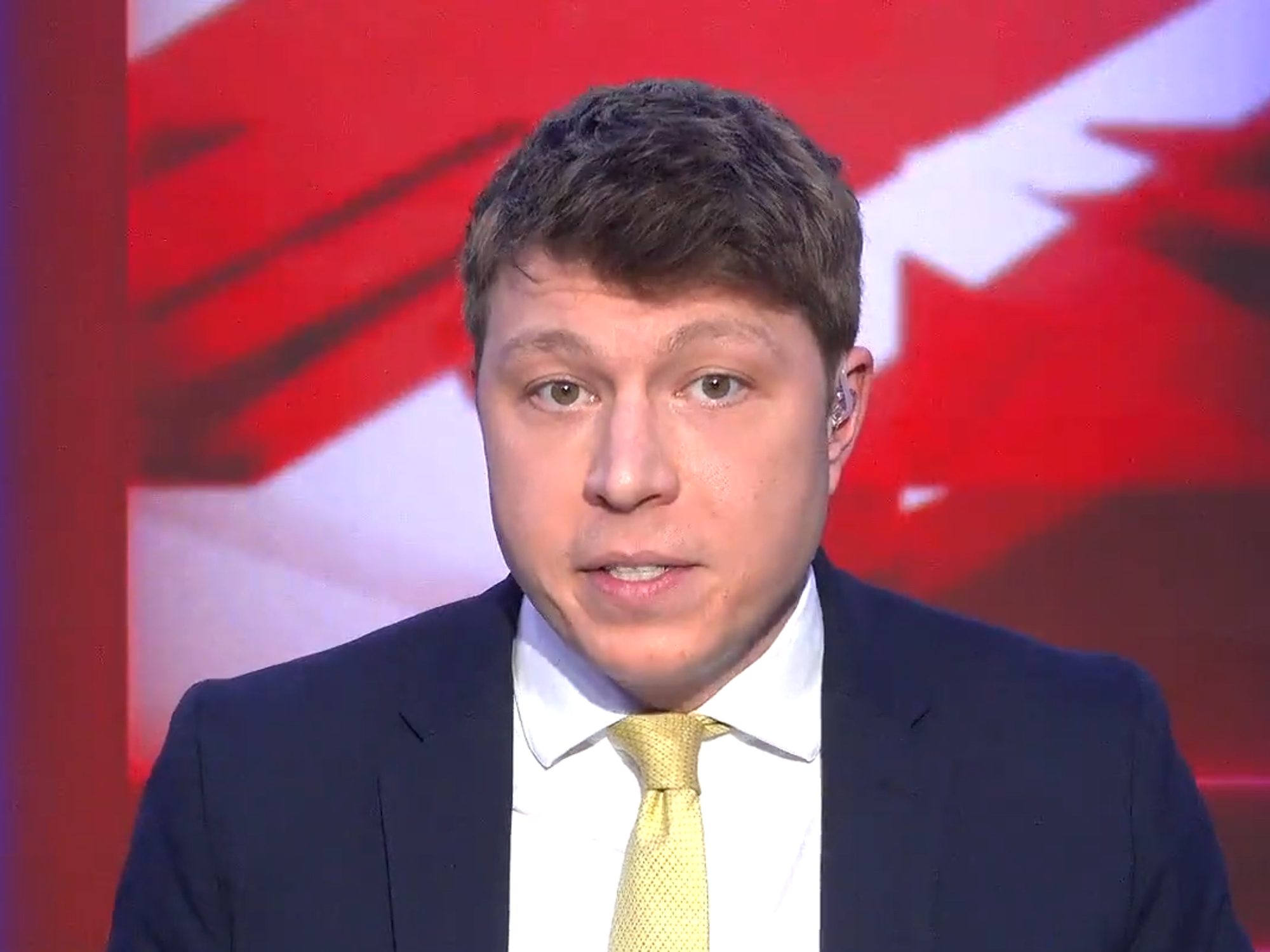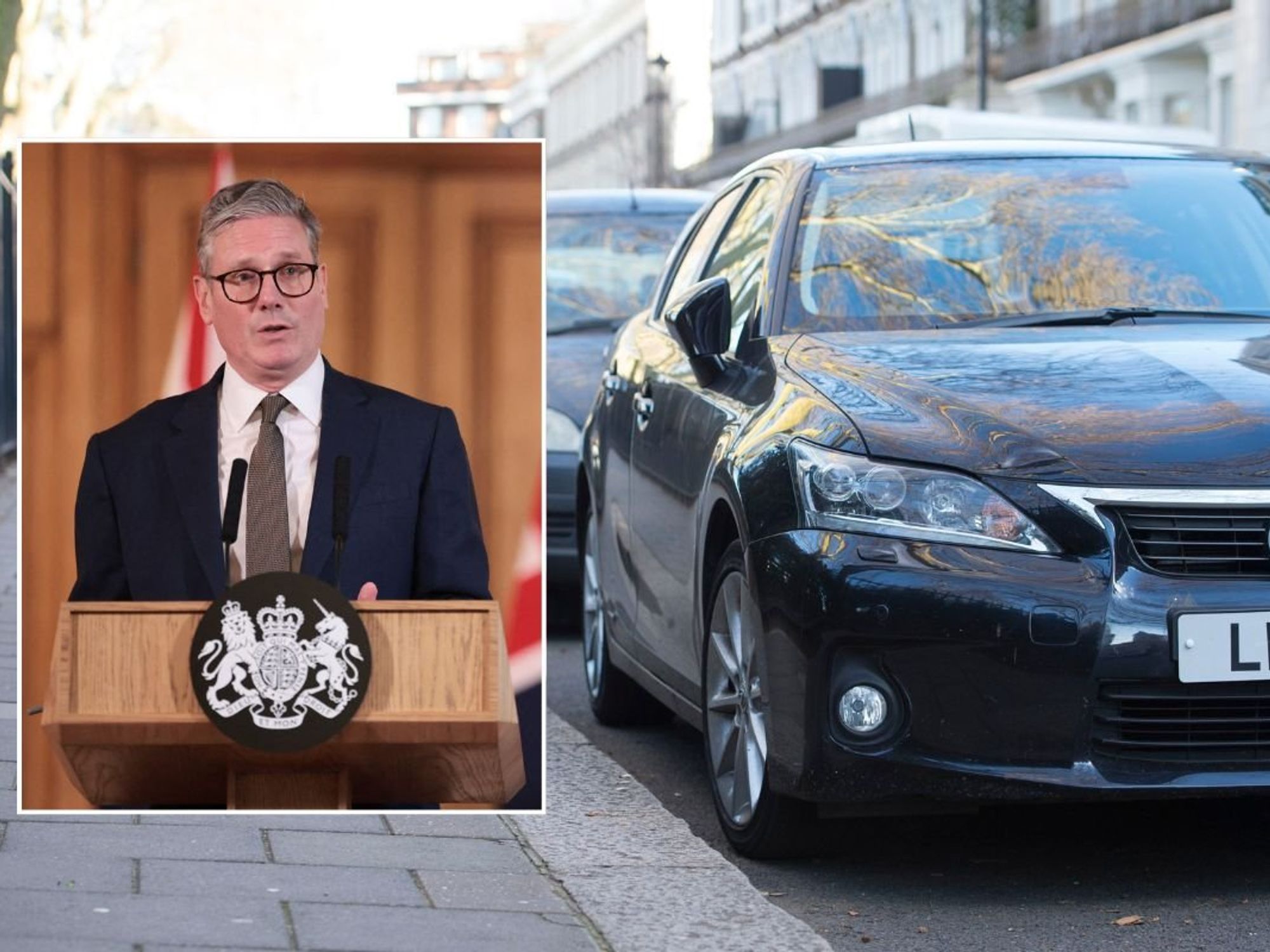Driving law changes you may have missed in June - Petrol and diesel face daily fines and new parking rules
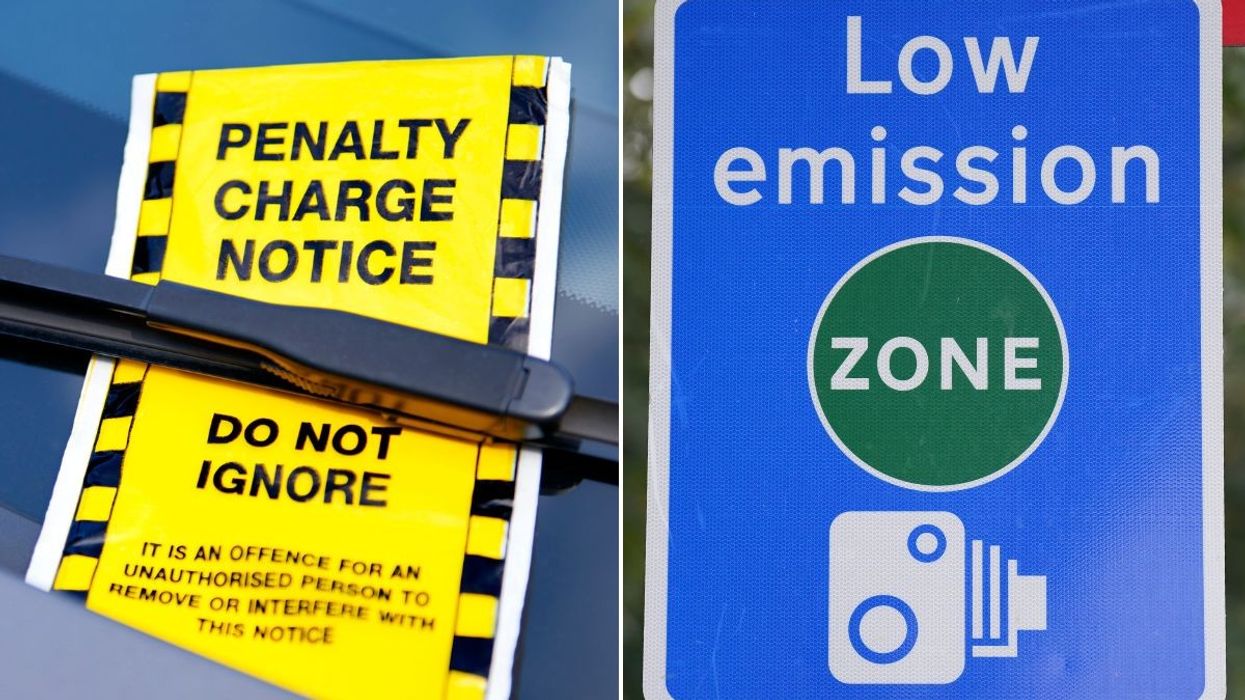
Drivers could face new daily charges from the LEZ schemes introduced this month
|GETTY/PA

All political parties have now released their manifesto pledges for July 4
Don't Miss
Most Read
Latest
Drivers are being warned of newly introduced motoring rules which could dramatically impact them and could lead to thousands of drivers being hit with expensive daily charges.
June was a momentous month for drivers in Scotland with the launch of three new Low Emission Zones, as well as another at the end of May, all of which could see petrol and diesel motorists charged to drive in their home city.
The General Election is also hotting up as drivers brace for July 4, and the potential outcomes for motoring rules across the country.
To help drivers adjust to the new changes, GB News has rounded up the most important rules you need to be aware of.
Do you have a story you'd like to share? Get in touch by emailing motoring@gbnews.uk
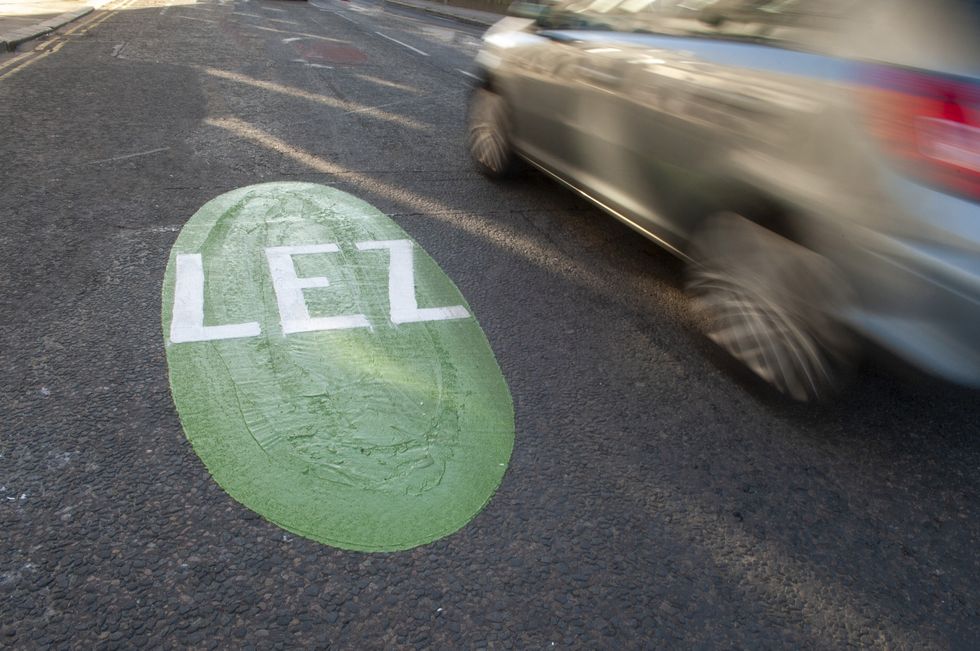
Low Emission Zones in three cities began charging motorists this month
| ABERDEEN CITY COUNCILLow Emission Zones
New charging zones were set up across major Scottish cities this month, with Aberdeen, Edinburgh and Glasgow all introducing tariffs for older, more polluting petrol and diesel cars.
Motorists who do not have vehicles that adhere to the emissions rules, namely Euro 4 petrol (generally registered from 2006 onwards), Euro 6 diesel (registered from September 2015 onwards) and Euro VI buses, coaches and HGVs (January 2013 onwards), will face charges.
All non-compliant vehicles entering a LEZ across Scotland will see them hit with a hefty £60 fine.
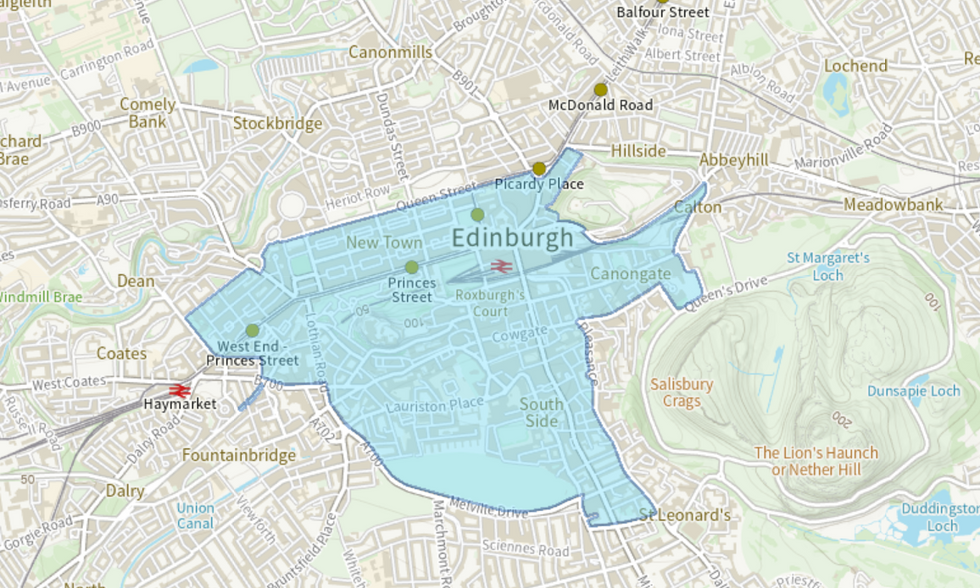 The Edinburgh LEZ boundary map | EDINBURGH CITY COUNCIL
The Edinburgh LEZ boundary map | EDINBURGH CITY COUNCILThe fine rate doubles for each subsequent breach, capped at £480 for cars and LGVs, while minibuses, buses, coaches and HGVs could see maximum fines of £980.
Dundee also has a LEZ in operation, which was first launched in May 2022, with a two-year grace period for local residents to transition to cleaner vehicles.
Data has already shown that interest in switching to an electric vehicle is growing, with many residents of the four LEZ schemes registering interest in scrappage schemes.
Households can apply for a £2,000 grant to incentivise the scrapping of a non-LEZ compliant vehicle, while micro-businesses can get a grant of £2,500.
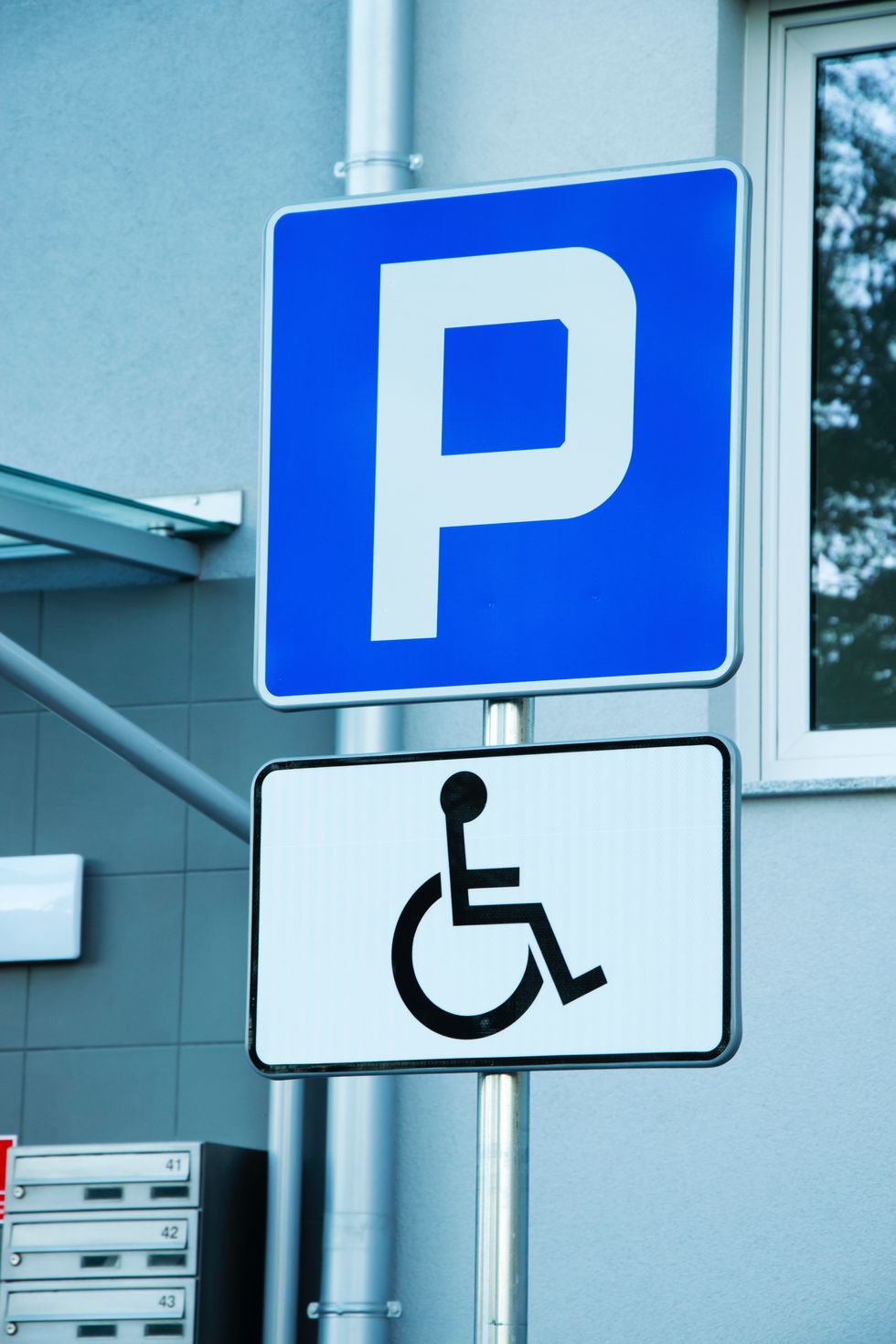
The new parking rules aim to protect the most vulnerable in society
| PEXELSNew parking rules
Towards the end of the month, the British Parking Association (BPA) and the International Parking Community (IPC) published the Private Parking Sector Single Code of Practice.
It looked to set out some practices for private car park operators to follow to "deliver greater transparency and consistency for the benefit of motorists".
As part of the new Code, drivers will benefit from a 10-minute grace period before being fined, as well as the creation of an Appeals Charter and maintaining a cap on the parking charge at £100 - reduced to £60 if paid within two weeks.
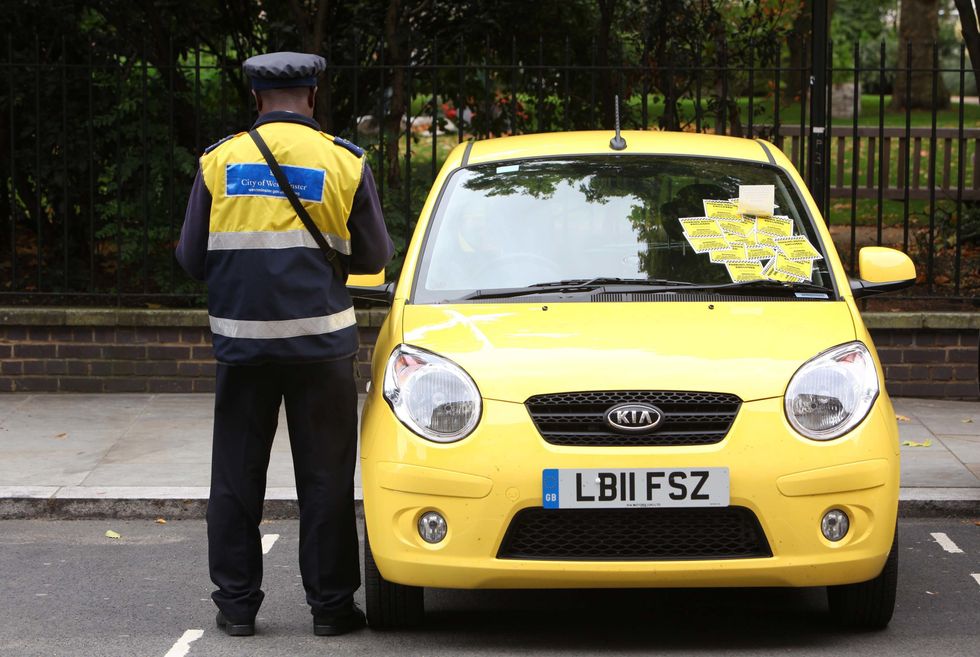
The new rules apply to private car parks
| PAThe Code also aims to protect the most vulnerable in society, with no decrease to the deterrent for abuse of Blue Badge bays.
While it could see drivers benefit from several new allowances to protect motorists from overzealous car park operators, some experts are not as impressed.
Jack Cousens, head of roads policy for The AA, said: “It’s somewhat ironic that after pushing so hard against adopting one, the two bodies have decided to implement their own.
"This watered down ‘code of practice’ falls far short of the standards The AA, Government and consumer groups have called for across many years."
LATEST DEVELOPMENTS:
- M5 closed: Driver 'injured and trapped' after lorry crashes into bridge with severe traffic delays ongoing
- Drivers issued urgent warning of huge £2,500 fines for 'performing car repairs on public roads'
- James May makes feelings clear on looming petrol and diesel car ban - 'They should be a bit careful'
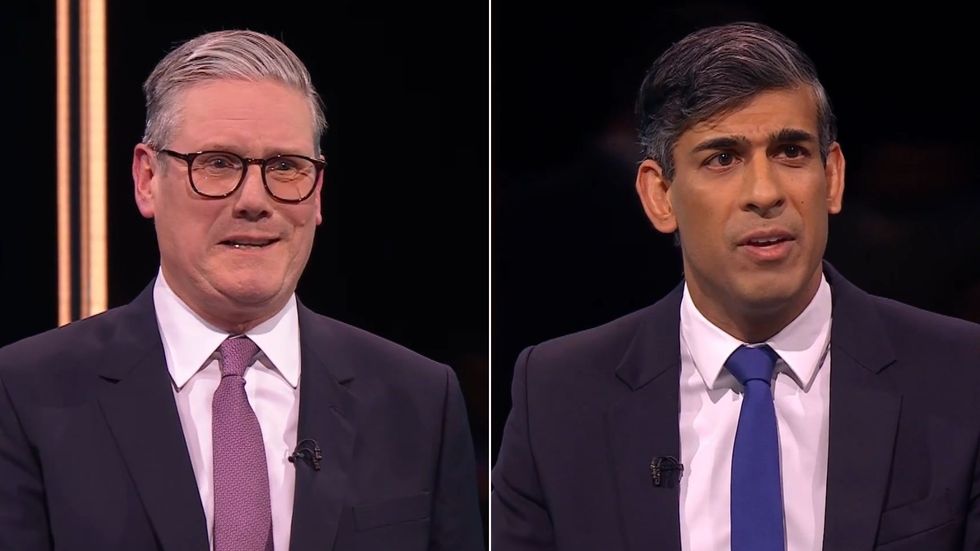
Keir Starmer and Rishi Sunak have been vying for the bigger share of driver's votes this month
|GB NEWS
General election manifesto pledges
Prime Minister Rishi Sunak and Transport Secretary Mark Harper have attempted to angle the Conservatives as the party on the side of motorists with a number of pledges to ban pay-per-mile road pricing and ruling out blanket low traffic neighbourhoods and 20mph zones.
The Conservatives have also pledged to reverse the "unfair" expansion of London's Ultra Low Emission Zone by Mayor Sadiq Khan. In the manifesto, it states: The expansion impacted thousands of people living around London who had no say in his election and can now no longer afford to get to hospital appointments or where they work or study."
On the other hand, Labour, who lead most polls by around 20 per cent, are moving forward with plans to reinstate the original 2030 petrol and diesel car sales ban deadline, while boosting the number of EV chargers and allowing more LTNs and 20mph speed limit areas.
Speaking to GB News Political Editor Christopher Hope, Keir Starmer spoke about the future of fuel duty under a potential Labour Government, saying: "It’s a budget-by-budget issue but I would say to anyone with concerns on this to check our track record. We’ve always said freeze the fuel duty. That’s our long history and we do it for a purpose.”
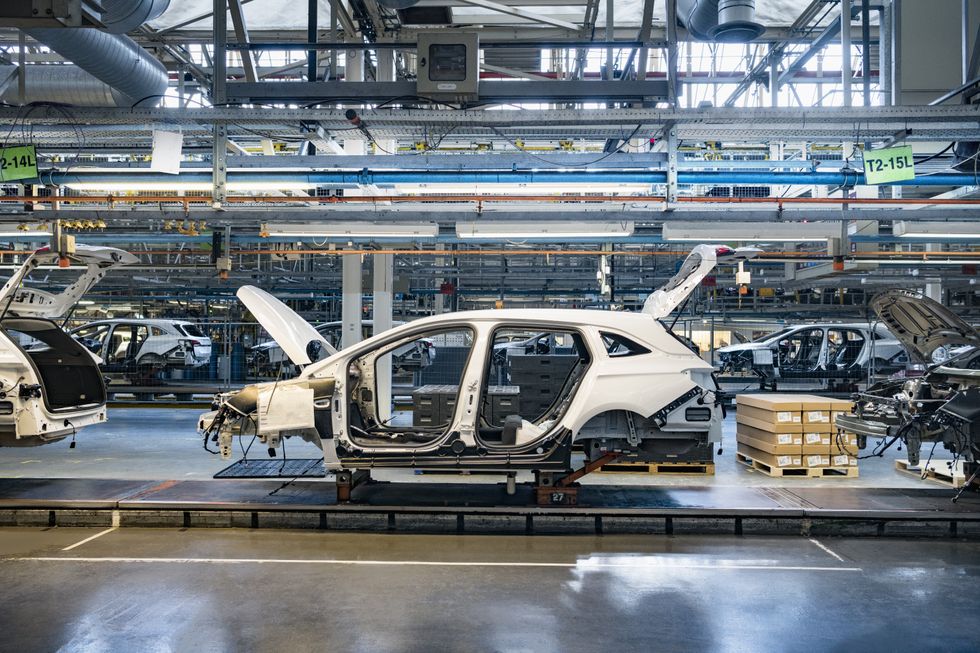
The Green Party has pledged to ban the sale of new petrol and diesel vehicles by 2027
| GETTYThe Liberal Democrats have also outlined pledges for drivers to remain secure on the roads with more EV chargers, a return to the 2030 deadline to mark the end of sales of new internal combustion engine vehicles and tackle expensive fuel and car insurance costs.
A surging Reform UK, now with Nigel Farage at the helm, is going against the curve of many of the other political parties, as suggested by a party insider when they spoke to GB News. It was confirmed that Reform would scrap any sales ban on petrol and diesel vehicles, slash the rate of fuel duty by a massive 20p and ban local authorities from introducing emissions-based charging zones.
On the opposite end of the political spectrum, the Green Party's manifesto stated that it would oversee an end to sales of new petrol and diesel vehicles by 2027 and to the use of petrol and diesel vehicles on the road by 2035. This would be supported by a huge scrappage scheme to get more British drivers to switch to electric vehicles, supported by a rapid expansion of electric vehicles.






